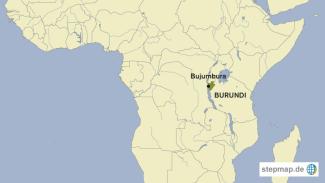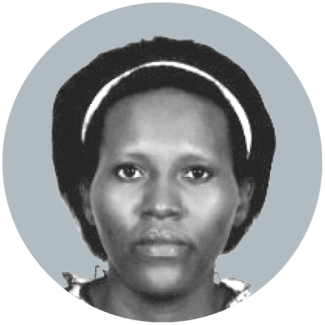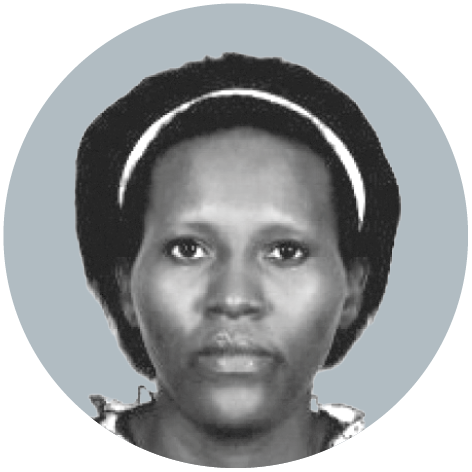Elections
Protected by God

Evariste Ndayishimiye will be the next president of this small, East African country. He is also the secretary general of the ruling party CNDD-FDD and a close ally of Pierre Nkurunziza, the incumbent head of state, who did not run again after having served three terms (see my comment in debate section of D+C/E+Z e-Paper 2019/10). Ndayishimiye will take office in August. Burundians also elected a new parliament and new municipal councils on 20 May.
More than 5 million voters are registered in Burundi, and more than 4 million took part, according to the election commission. There were hardly any protective measures to shield people from the novel coronavirus. The official time for campaigning was from 27 April to 7 May. During this period, there was no social distancing. Huge campaign teams toured the country, hardly missing a single hill. Political parties hosted events and rallies with thousands of supporters who applauded the candidates. At most, there was a bucket of water and a piece of soap or some disinfectant gel. Candidates did not wear masks.
By mid-May, officialdom had registered a mere 42 corona infections and one death in Burundi. There is very little testing, however, so the true dimensions of the virus spread are unknown. The government declared that Burundi is protected by God. Nonetheless, it gave instructions concerning hygiene and appealed to everyone to observe those rules. The implicit message of its awareness raising was that people should not exaggerate protective action.
In this context, Prosper Ntahorwamiye, the government's spokesperson, alluded to the Belgian and French schools in Burundi. Both had closed down to prevent the spread of the disease. At the same time, neighbouring countries such as Rwanda and the Democratic Republic of the Congo were considering lockdowns.
The government also had a disagreement with the World Health Organization (WHO). Shortly before the election date, the Foreign Ministry declared that the four WHO representatives in Burundi were no longer welcome. The ministry did not say why, but the most likely reason is that the WHO team probably interfered in Burundi's response to the pandemic in ways that the government did not appreciate.
In the long run, people's opinion of the new president will depend on how the pandemic evolves. In the short run, however, his election victory is in dispute. Agathon Rwasa, who ran for the opposition party CNL, claims to have won, even though he only got 24 % of the votes according to the official result, while Ndayishimiye's reported tally was 69 %. Rwasa says the election was rigged and he will turn to the Constitutional Court. Other observers also say that rules were breached. The government did not allow international observers to monitor the events.
Mireille Kanyange is a journalist who works for Radio Isanganiro in Burundi.
mika.kanyange@gmail.com











